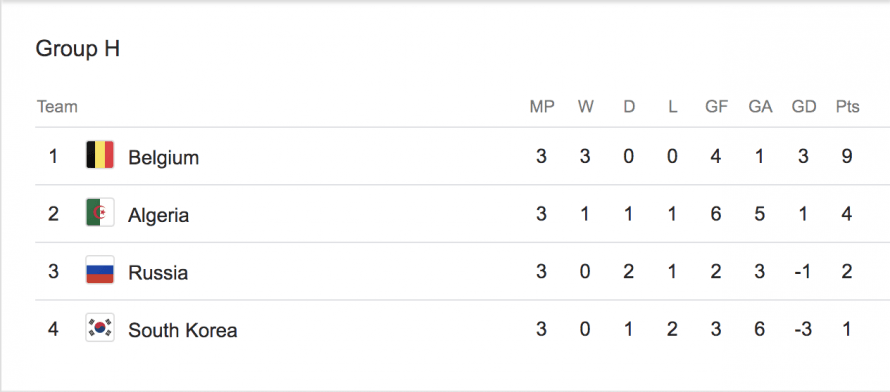In late 2010, it was announced: Russia would hold the FIFA World Cup in 2018. A full eight years to prepare, to improve, to put in place the building blocks which would see them shine on home soil.
Of course, there were off-the-pitch issues to take care of: stadia to rebuild, infrastructure and transport to develop in a nation which spans 11 time zones, a public image which has long taken a battering— in recent years due to topics including war, homophobia, corruption and violence. Nothing too outrageous, then.
If those problems were off-pitch, on it was a whole other conundrum: how to take a team which had just failed to qualify for that year’s World Cup, and turn it into a respectable force capable of doing justice to a tournament they’d be hosts for?
Foreign expertise was the route of choice. Guus Hiddink was replaced by fellow Dutchman Dick Advocaat, who at least led Russia to Euro 2012, but was eliminated at the group stage. That was, at the time, incredible: his side played fast, offensive-minded football, had exciting talent in the ranks and looked capable of going deep in the tournament, but a defeat to Greece saw them crash out early.
Out went Advocaat, in came Fabio Capello, and the change couldn’t have been more dramatic.
The Italian had been in charge of England, but had overseen a period of uninspiring play and results. Nevertheless, he was the choice to lead the nation not just into the next World Cup, but over the long term: a four-year contract handed to him even before the 2014 finals in Brazil, supposedly ensuring he’d be at the helm when Russia welcomed the world for the next event.
Qualification for 2014 aside, Capello’s tenure was a disaster.
Russia were poor in Brazil, error-strewn and nowhere near the free-flowing, attack-minded side of two years earlier. Capello’s authoritative presence and stifling tactics were a hindrance, not a help, and it was zero surprise to see on an early flight home, winless despite a weak group including South Korea and Algeria.

That four-year deal was beginning to look rather presumptuous, and matters didn’t improve. Qualification for Euro 2016 was on the line, and the World Cup on home soil was getting closer, yet results were worse than ever: a draw at home to Moldova, another in Sweden, defeat away and then home to Austria.
It proved the final straw, and the eight-year plan was over. Capello was out, midway through qualifying.
At that point, the Euros were almost a non-event for Russia, a dismal chore to get out of the way before returning to the real issue of restoring hope for their own World Cup. Leonid Slutsky, formerly of CSKA Moscow, steered Russia back on the path for qualification, but their tournament was even more dire than in Brazil. Rock bottom, no wins, one point.
And so to the upcoming tournament. Russia will head into their own World Cup without any kind of victory at a major finals in half-a-dozen years, badly needing the familiarity of being in their own stadia, backed by their own fans, to play a key role in redressing the balance between themselves and their rivals.
Their Group A draw is kind—Uruguay, Egypt, Saudi Arabia—but they badly need a positive result in the opening fixture against the Asian side. Qualification to the last 16 is a minimum requirement to avoid embarrassment, but far from assured.
An overhaul of the playing staff has been undertaken, but there remain plenty of familiar faces of the old guard, still deemed the best available. It’s a worry, and the gulf in quality between themselves and others has been apparent in friendly games: a draw with Iran last year, heavy defeats to Brazil and France, a narrow win over New Zealand. At the Confederations Cup in 2017, Russia were extremely poor, finishing third in their group.
There remained an awful lot of work to be done, and being on a level playing field against rivals won’t cut it. Russia need everything to go their way to progress: support, circumstances, belief. In short, home advantage has to mean everything.
Since post-Euros, Stanislav Cherchesov has been in charge, a former international goalkeeper who had taken charge of the likes of Dynamo and Spartak Moscow, and Legia Warsaw. Incredibly, should he remain in charge of the national team beyond the World Cup and into 2019, his three-year tenure would be the longest stint he has remained with any side.
His contract only lasts until the end of the tournament though; perhaps the powers-that-be have learned their lesson about thinking too far ahead.

